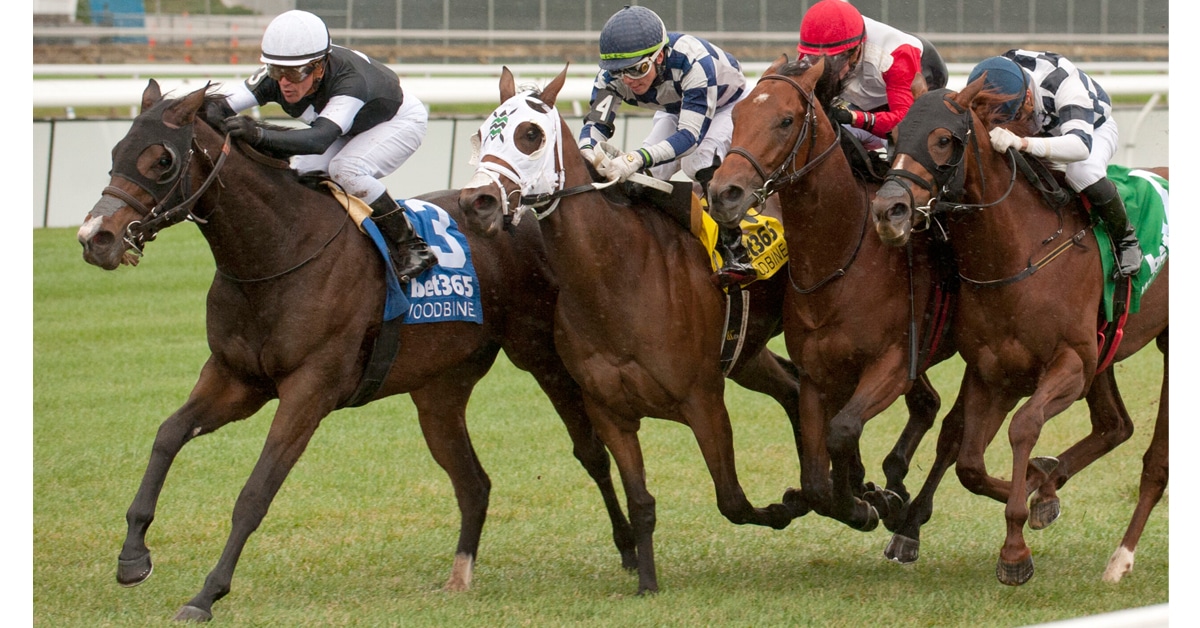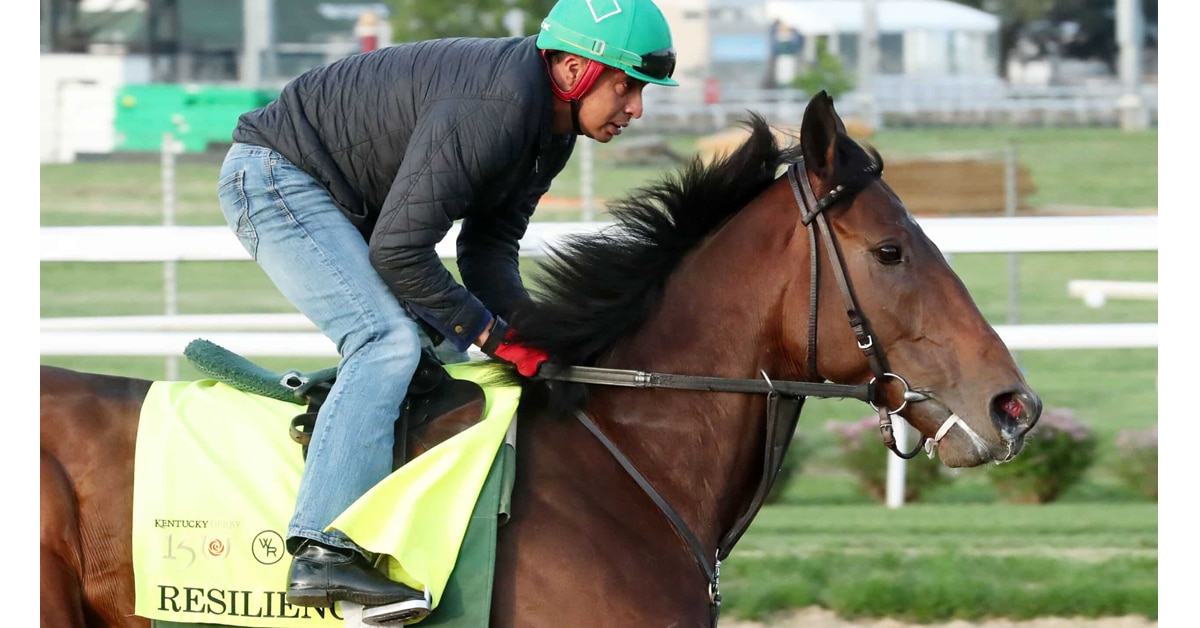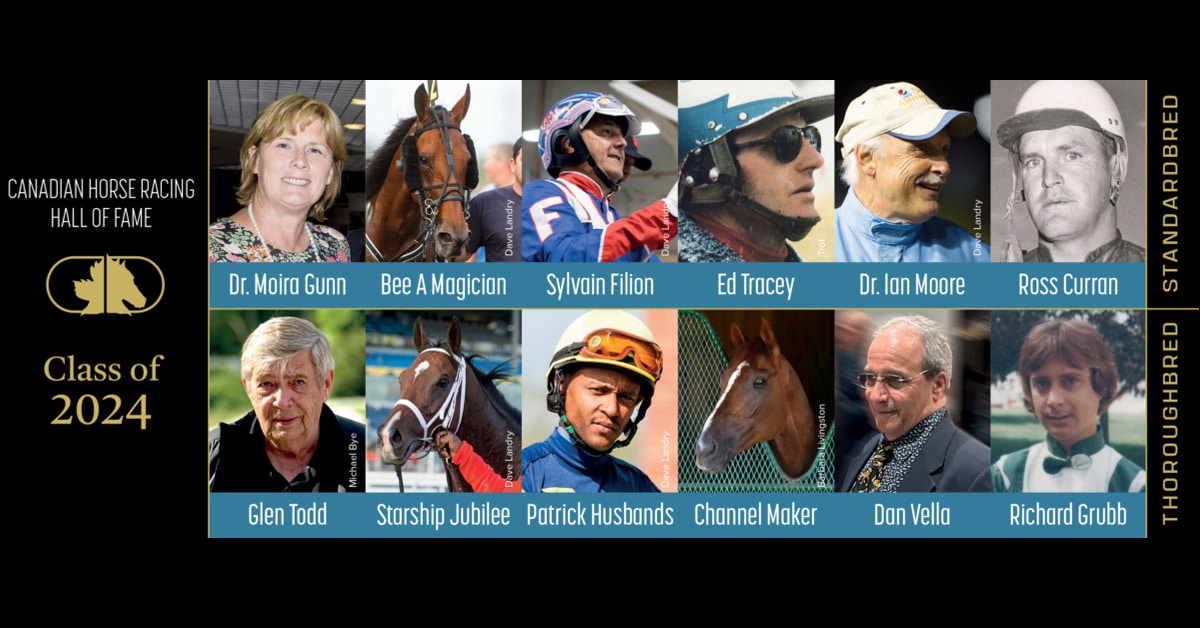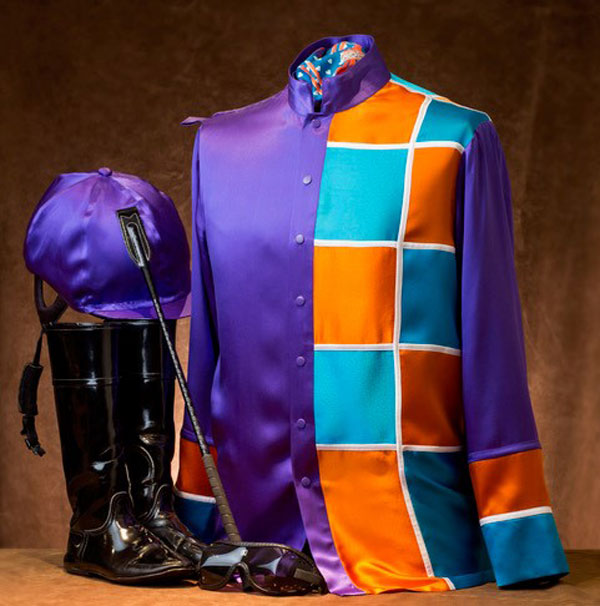It’s time. The shiny new Thoroughbred Race Club is reaching out to racing newbies to bring them to a world of horse racing they have never known. Or that time has forgotten.
The club aims to bring it all back: those vignettes of grace and quality, of winning on class (both horses and people), of sport over statistics and bottom lines. It’s meant to open a window onto a time when horse racing was fun and exciting. The club will show that it can be again.
It’s modelled after the successful Royal Ascot Racing Club at the storied Royal Ascot course in England, where royalty has its day, and folk line the fences in their Sunday best to watch the jelly-bean coloured silks atop horses flash by in a rush. Horse racing is in the blood there. It’s a religion. As the old saw goes, the outside of a horse is good for the inside of a man (or a woman, truth be told.)
The Thoroughbred Race Club will provide an inclusive way of introducing new people to the sport, in hopes it will eventually spawn a generation of people who will want to own racehorses themselves.
Vera Simpson, club and racing manager who also owns the venerable Curraghmore nursery near Waterdown, Ont., is the visionary who has created the club to venture outside the current racing community who already knows their way around a paddock. “It’s a pretty intricate sport we have,” she said. “And it’s not impossible to get into it without some hand-holding.” But the racing club makes it so much easier.
For one thing, anybody who subscribes to the club doesn’t actually have to own or buy a horse or foot the bills. It’s not like racing syndicates where members buy up racing shares. A subscription of $20,000 gives you a year’s benefits of all of the knowledge and perspectives of various corners of horse racing expertise – and Woodbine has come to the table to offer club members the VIP experience, Royal Enclosure tickets, tickets for the Queen’s Plate, functions in the posh Woodbine Suite, special wines, seated dinners, backstretch tours, and all the inside looks at the sport. Want to know more about handicapping? Expect an expert to stage a seminar to educate the subscribers.
“There hasn’t been anything like it,” Simpson said. “This is a trial run, for you to dip your toe into the water.”
Simpson has heard only one comment about the cost of the subscription: it’s still less than the price of a pair of gold season’s tickets for the Maple Leafs NHL hockey team. The club is rather similar to Winstar StableMates in the United States, that has 100 members. But Simpson wanted to keep the group small and manageable – to fit into the Woodbine Suites, and to comfortably tour the backstretch. So it makes the subscription fee higher.
A provincial director of the Canadian Thoroughbred Horse Society for 14 years, Simpson is an indefatigable researcher – and approached Royal Ascot for information about how they ran their club. They proved extremely helpful. The Royal Ascot Club in England asks for an initiation fee and a subscription fee which tallies about $45,000 (Canadian) a year. All meals at the track are included. The Thoroughbred Racing Club does not. While Royal Ascot races only 25 days a year, Woodbine offers 133 days of racing: more chances to enjoy the scene.
The subscription fee pays for the costs associated with leasing up to 10 horses. Already, Simpson has seven horses training at Woodbine with more at the farm. She, with the help of husband Michael Dube, Janis Maine, Mario Forgione, an Oakville realty developer, photographer Dave Landry, and racing promoter Stacey Roberts – have created a not-for-profit organization. If the stable horses win money, the expenses get paid, and the rest goes back to the subscribers (against their initial payment) and to charities that feature animals helping people.
Simpson said she favours the not-for-profit approach not only to help charities, but to take the focus off investment. Last Thanksgiving, she met some horse-racing friends, who said they just weren’t having fun anymore. “It occurred to me that the focus in Canada seems to be about it being an investment and trying to make money in horse racing,” she said.
“The moment of the fun and excitement that they have in England seems to have disappeared,” she added. “So that’s what gave me the idea to do this. I want to bring new owners in, to give them the Royal Ascot experience and educate them.”
Part of that experience, of perhaps that misty world of yesteryear, is the choice of silks that the leased horses will carry. The club will go back in time to use actual silk material, rather than the nylon and polyester common today. Simpson, a sewer, searched the websites for Hermes scarves with combinations of colour that she liked. And she found one that included blue, orange and purple.
Off she sprinted to her fabric haunt, Maryan’s Fabrics on Yonge St. in Toronto. The owner already had a stash of Italian charmeuse silk in exactly the right colours sitting on the counter. Simpson hired a seamstress to sew two sets and included helmet covers.
Husband Dube designed the colours, which are striking: with orange and blue blocks on one side of the shirt and royal purple on the other. “I want this to be special,” Simpson said. “I’m trying to get it back to the way it was, great food, great wine, great treatment, great silks. It’s an old-fashioned lovely touch of class.”
Ironically enough, Ontario’s current Lieutenant Governor, Elizabeth Dowdeswell, also shops at Maryan’s Fabrics and sews her own outfits. There may be a meeting of the minds at the Queen’s Plate this year.
Curraghmore Farms, a jewel of a farm at the centre of this club, has had regally bred equine guests over the years, including all of the major stakes winners of Mel Lawson’s Jim Dandy Farms. The speedy Eternal Search, winner of 15 stakes around these parts, is buried there. Canadian Triple Tiara winner Sealy Hill has lived there. So have top stakes winners such as Solid Appeal, Sky Conqueror, Fatal Bullet, Woodbine Oaks winner Academic, Breaking Lucky, Jigg’s Coz, and others. The family-run nursery has been around for 32 years.
As the club develops and patrons sign up, “and you know who they are, then you can formulate the calendar of events around that,” said Maine, who has helped manage Baker’s stable as his wife for many years. (Baker, who will be inducted into the Canadian Horse Racing Hall of Fame this year, will serve as the club’s trainer.) There will be many sides of the racing game to explore. It will also provide a social experience. New friendships can be forged, all so important in these times of social isolation.
“If somebody is looking to spend $500 for a 1 per cent interest in a racehorse, this isn’t for them,” Simpson said.
“That’s not the people that I’m appealing to. I’m appealing to retired business people or those who have the funds to have a great lifestyle who want a different life experience.”
Above all, the club will make it clear that these sort of folks love their animals. The animals are at the centre. They are the source of the life and letters set. If all goes well, the Thoroughbred Race Club will recreate the romance of the game. Horse opera, indeed.
More from Canadian Thoroughbred:






